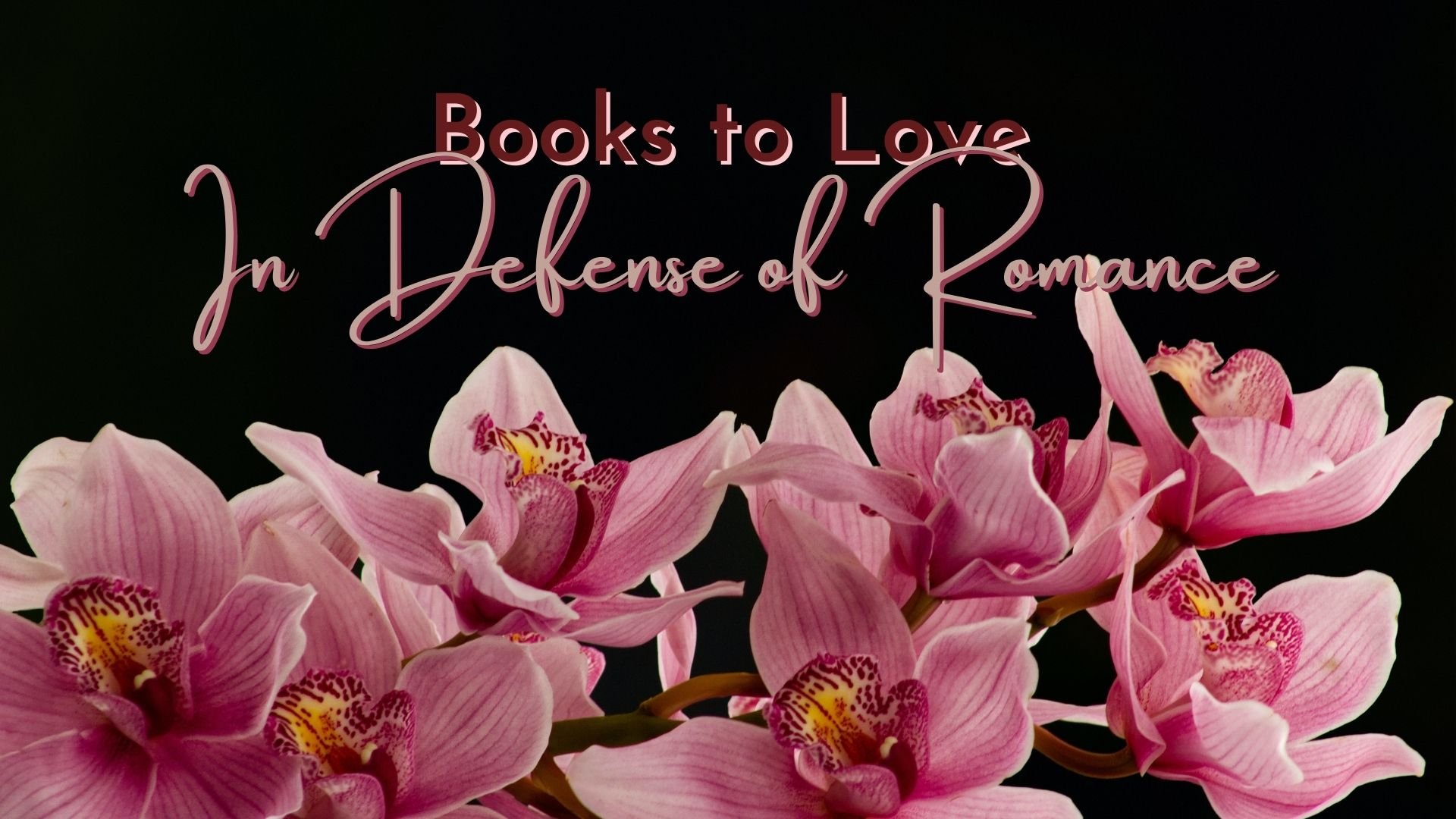Books to Love: The Ministry of Ungentlemanly Warfare
It is rare when a movie is coming out and I have not only read the book upon which it is based prior to the movie even being made, but also delved into the history surrounding it, too. Such is the case with the new Guy Ritchie film The Ministry of Ungentlemanly Warfare, out in theaters this Friday, April 19th.
Non-fiction, particularly that surrounding World War II, has never been a draw for me. Truth is, for the last nearly two decades, the historical fiction genre has been done to death by World War II offerings. I get it. I do. It’s a period rife with drama and heroism. But, still, it’s not a milieu I want to solely focus on, and that’s what it feels like has happened— thank you, publishers, for inundating us with this subject. Now, do Ancient Egypt or Rome or the Ottoman Empire or the War of 1812 or anything other than World War II. (You can find more on this rant in my post: The Problem with Publishing…)
But, regardless, I do have personages that I greatly admire who happened to shine incandescently during this time in history. One of the most stellar and personal favorites is
WINSTON CHURCHILL
For a man instrumental in saving his nation and who had a huge hand in saving the world from tyranny and fascism, it cracks me up how his contemporaries accused him of the very things from which he fought to liberate the world. Amongst the politicians of Parliament and the press, Churchill was not popular. Amongst the people, he was loved. (And that’s a slice of politics that rings true, even today.)
Giles Milton, who I discovered in the course of my research for my historical novel, wrote a book entitled:
Churchill’s Ministry of Ungentlemanly Warfare
Gripping title, that. I was intrigued instantly. Ungentlemanly warfare? Sounds like an oxymoron. But, when you realize the fabric of the culture of the day, particularly British, it makes sense. The idea of subterfuge, espionage, and underhanded fighting didn’t sit well with a society of people who believe in the Marquis of Queensbury rules.
But, Winston Churchill was a man with excessive vision profound in its scope and limitless in the entertainment of possibilities. So, when the Prime Minister of England was approached with the idea of putting together a ministry of men and women with unique qualifications that set them apart when it came to taking on the enemy, Churchill said yes.
Churchill’s Ministry of Ungentlemanly Warfare is a worthy ready on multiple levels. First, it reveals the sacrifice of countless men and women whose feats were sealed in redacted and confidential reports for decades. The book showcases their selfless heroism that shifted the balance of power from Nazi Germany and her Axis powers to the Allied forces.
Second, it brought to life the discordant, chaotic political atmosphere in England during this time. The lack of unity. The back biting. The whining. The loggerheads. (Sounds a lot like politics in so many nations today, too.) I enjoy it when an author brings to life the good, the bad, and the ugly of a period of time that we lay people tend to wax nostalgic about. And seeing the resistance Churchill and men of his ilk had to face is almost baffling considering how history has venerated them, as they rightly deserve.
Thirdly, it demonstrates how great change is often affected by those who break every cultural and societal mold. The men and women of the Ministry of Ungentlemanly Warfare put me in mind of David’s mighty men in the Bible. Outcasts, misfits, malcontents. Men who did not fit the normal. Men who would be reprimanded for their aberrant actions. But those men possessed the skills, giftings, and personalities essential to the great feats they accomplished. They just couldn’t operate in the box. Which, as history is replete with examples, pisses off the status quo.
Churchill was such a man— his entire life— not just during the World War. And because he was such a man, he could embrace, encourage, and facilitate a ministry in his government filled with men of his ilk. In fact, he got a real kick out of the outlandish outliers who filled the ranks of the Ministry of Ungentlemanly Warfare AND he had to personally go to bat for that ministry on more than one occasion as the powers that be in the British government at that time had real problems with the whole enterprise from the concept of the type of warfare proposed to the methods of training to the men who did the missions.
Thankfully, Churchill prevailed, and with the tight, committed administration formed, the Ministry of Ungentlemanly Warfare not only persevered in their creation, but in the vast total of their clandestine, perilous missions, laying the foundational groundwork for the birth of Special Forces and Specials Ops in two nations, if not more.
This group of misfits changed the world. Not just the outcome of World War II, but the entire landscape of modern warfare.
Milton’s book chronicles the formation of the Ministry and highlights the colorful cast of characters that kept all the cogs oiled and moving. This book is an excellent place to start because it provides a comprehensive overview of operations from the control center throughout the whole war. Rest assured, this is not some dry administrative tome by any means. Milton chronicles numerous missions and introduces us to a panoply of man and women who helmed them.
The Ministry of Ungentlemanly Warfare
BUT, if you’re looking for more comprehensive, detailed takes on specific missions, Damien Lewis’ Ministry of Ungentlemanly Warfare is the next book you should pick up. Beginning with the very first mission captained by the erstwhile, unconventional, and somewhat mad Gus March-Phillipps.
March-Phillipps is a perfect example of that quote from Pirates of the Caribbean when Will Turner says, This is either madness or brilliance. Like Jack Sparrow, March-Phillipps would nonchalantly reply:
“It’s remarkable how often those two coincide. ”
I would call March-Phillipps a Renaissance man. He was a poet, a nature-lover, a warrior, an athlete, an accomplished horseman, a bird watcher, an aspiring author, a devout Catholic, a man of prayer. And while he possessed tremendous charisma to lead his men, mingled with his self-discipline and analytical skill was the right touch of insanity to entertain unthinkable possibilities.
Then there’s the likes of the 20 year old Danish volunteer Anders Lassen, who came to Great Britain after his beloved Denmark was invades and occupied by the Nazis. He had a clear vision, even at such a young age, of who the true enemy was and how the ideologies they purported must be resisted at every level.
Then there are the others who peopled the first successful mission helmed by March-Phillipps aboard the trawler Maid Honour. Lieutenants Geoffrey Appleyard and Graham Hayes. Private Frank Perkins. These handful of men helmed a mission of singular importance in the ultimate establishment of the Ministry as a viable going concern in the war effort. Their first mission was a fabulous success, allowing for more missions throughout the world, led by many others.
There’s the Campbeltown victory at St. Nazaire led by Captain Stephen Beattie, a stoic, calm minded man with intrepid vision and just the right touch of madness necessary to consider taking such a mission impossible on in the first place.
Then there were the men back at the office. We tend to think they did little in the way of heroics, but when you read about Colin Gubbins, Millis Jefferis, Cecil Clarke, Stuart Macrae, Eric ‘Bill’ Sykes, William ‘Shanghai Buster’ Fairbairn, Joan Bright, etc. These were the brains of the operation. In fact, Ian Fleming, who worked in British Intelligence, rubbed elbows frequently with Gubbins and was so inspired by his service to the Crown, he immortalized him in his James Bond series as ‘M.’ (I would also note that Flemings brother also found himself working in the Ministry of Ungentlemanly Warfare, too.)
The list is too long to mention them all outside of a few principles. But, each member of the Ministry deserves the accolades they won in silence, and the lauding they are now receiving on a grander scale. Finally, those deeds sown in silence are reaping their just harvest in the public square.
For us ordinary people, there is great inspiration and encouragement to be had from the men and women who filled the ranks of the Ministry of Ungentlemanly Warfare. Inspiration in that their acts were truly heroic and awe-inspiring. Encouragement because not one of their names was heralded or lauded or publicly acknowledged. Nearly 80 years after the conclusion of the Second World War, their names are becoming known for the first time.
Imagine the sort of personal integrity and moral character and rectitude required of a man to take suicide mission after suicide mission with the knowledge that if he dies, there will be no parades, no arches erected to his triumphs, no articles written. Only disavowal and silent awards received posthumously. The only marks he leaves that anyone will see are those his personal sacrifice left on the pathway to a free world.
Each member of the Ministry, knew the could never speak of their accomplishments. In a modern society that demands validation from strangers in the public sphere of social media, that sort of self-effacement is so entirely rare, it borders on the territory of precious. But let’s not kid ourselves. That which is rare and precious today was rare and precious in 1940-1945.
But then again, heroism is both rare and common. That’s the encouragement to take away from these books. Rare, in that you don’t see it often. Common, in that each person is capable of stepping out into it. The tragedy lies between the two— those who do (rare) and those who don’t (common).
But if you consider their acts of sheer bravery, and that no one spoke of them and the majority of their contemporaries never even knew of them, you realize that in whatever sphere you are in, you can step out and be brave and heroic. Bravery, heroism do not require being known or praised or anything else. What matters is that you know who you are, what you believe, and that you will stand and defend it on the big and small battlefields of your life.
For the Ministry of Ungentlemanly Warfare, they did just that. And, as an added bonus of encouragement, none of these men and women ‘fit’ the mold of ‘normal.’ In today’s terms, many derogatory monikers would be assigned to them: misfit, outlier, extremist, fanatic, insane, etc. And yet, born out of their aberrant personalities was greatness.
I hear those oft quoted words of William Shakespeare as I write:
“Be not afraid of greatness. Some are born great, some achieve greatness, and some have greatness thrust upon ‘em.”
The men and women who peopled the Ministry of Ungentlemanly Warfare were great. And they were not afraid of the greatness they carried within themselves, even if pursuing it meant giving their lives. They deserve ever word written in these books, and many others out there, as well as the new movie Guy Ritchie has made. But, we must remember, they did none of it for books or movies or fame. They did it because within each one of them was an integrity that built to yearning that demanded action to see a world free from tyranny, despotism, and evil.





























































